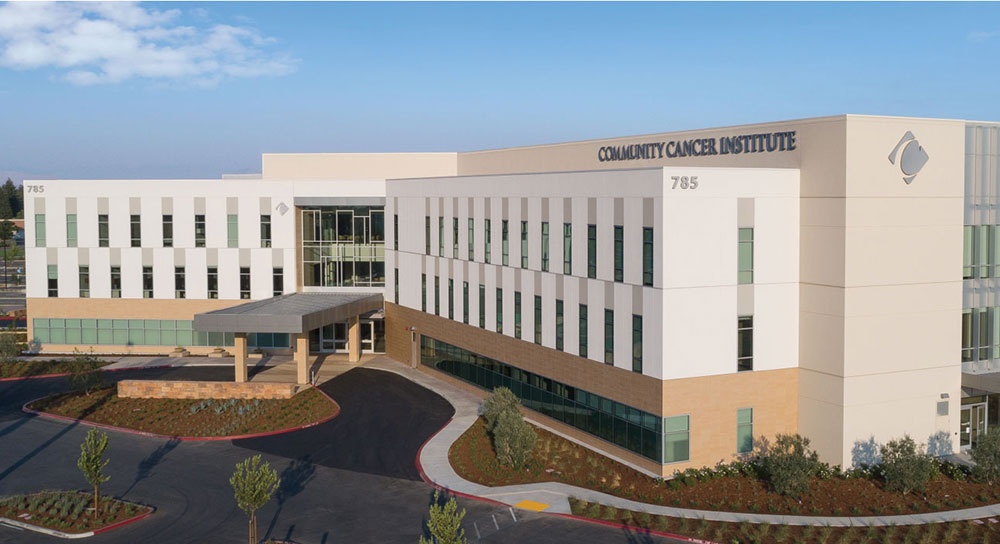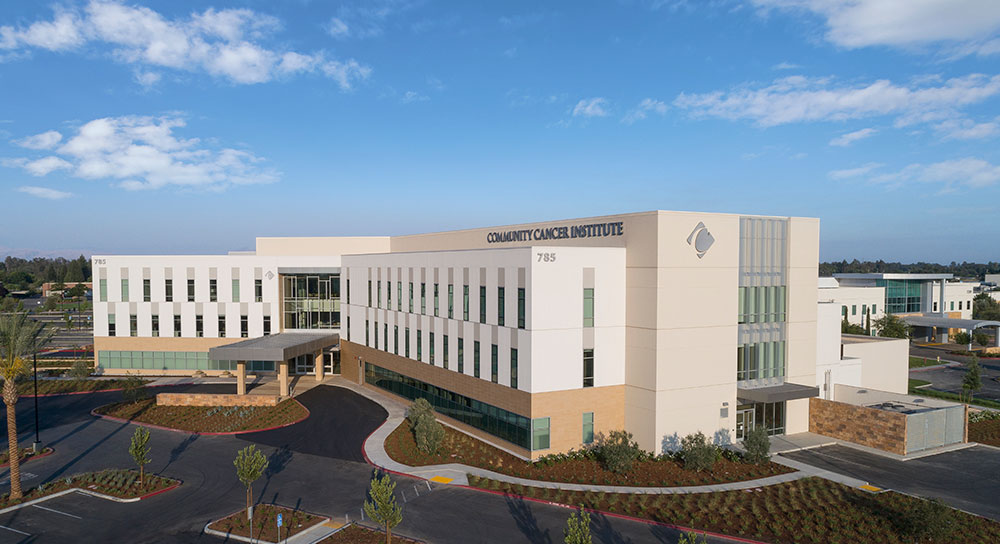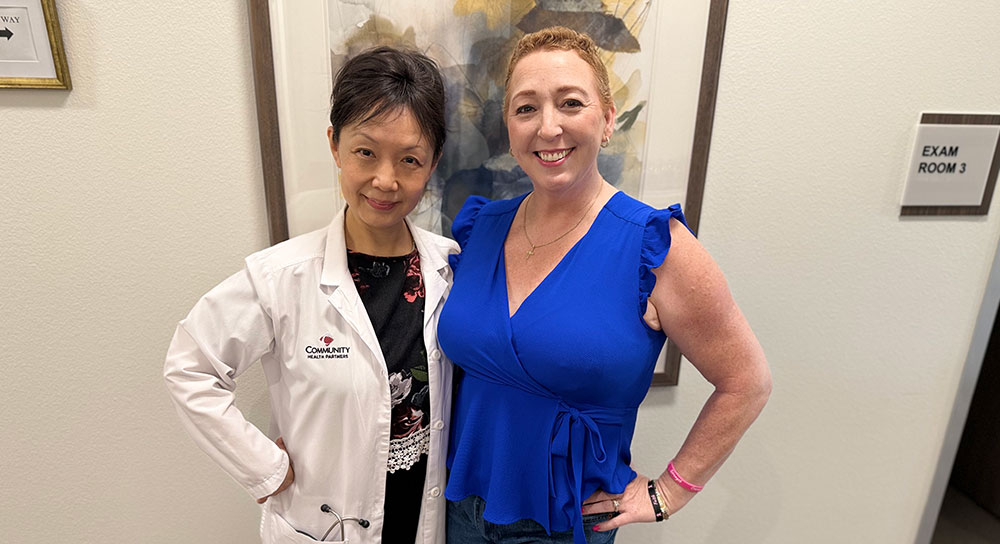Within weeks of bariatric surgery, most of Fresno Heart & Surgical’s patients can discontinue their diabetes medication, even before they’ve lost weight.
And in a study released in 2009 by Dr. Kelvin Higa and Dr. Keith Boone of the hospital’s Bariatric & Metabolic Surgery Program, diabetic patients who had under gone the Roux-en Y gastric bypass were tracked for 10 years and showed an 83% resolution in their diabetes even a decade later.
Bariatric surgery changes one man's life
That’s exactly where Miguel D. Garcia is more than 12 years after his bariatric surgery. He was 479 lbs. back in 2005 and battling diabetes, sleep apnea and high blood pressure. He was too big to go on rides at Disneyland with his oldest daughter, but mostly he worried about living to see her grow up.
Today, Garcia is off all his medications and half the size he used to be. “I can’t express the simple joys I have now of buying clothes, going on a hike, getting up easily from bed and being able to run. The last time I did that was when I was in fifth grade. I forgot how it felt,” he said.

"Surgery for diabetes and metabolic syndrome is not only endorsed, but is now a recommended treatment option by every diabetic organization in the world, including the American Diabetes Association and International Diabetes Federation," said Dr. Kelvin Higa, medical director of Bariatric & Metabolic Surgery at Fresno Heart & Surgical Hospital.
Dr. Higa, who heads the state’s largest bariatric surgery program, sees it not as a last resort but as an effective path to health and lowering healthcare costs. About 25% of the 150,000 bariatric surgeries performed nationally each year are for patients with diabetes.
“And yet we are currently treating less than 1% of potential patients who could benefit,” said Dr. Higa. “If one out of four people in the U.S. becomes diabetic as predicted, than we’re looking at huge costs in renal failure.”
Dr. Higa has served as President of the American Society for Metabolic and Bariatric Surgery (ASMBS) and the International Federation for Surgical Obesity and Metabolic Disorders (IFSO). He said the research being done on bariatric surgery is exciting.
“We know the long-term benefits of bariatric procedures with respect to treatment of diabetes, cholesterol, sleep apnea and hypertension — and now there’s studies to show it also cuts cancer risks.”






